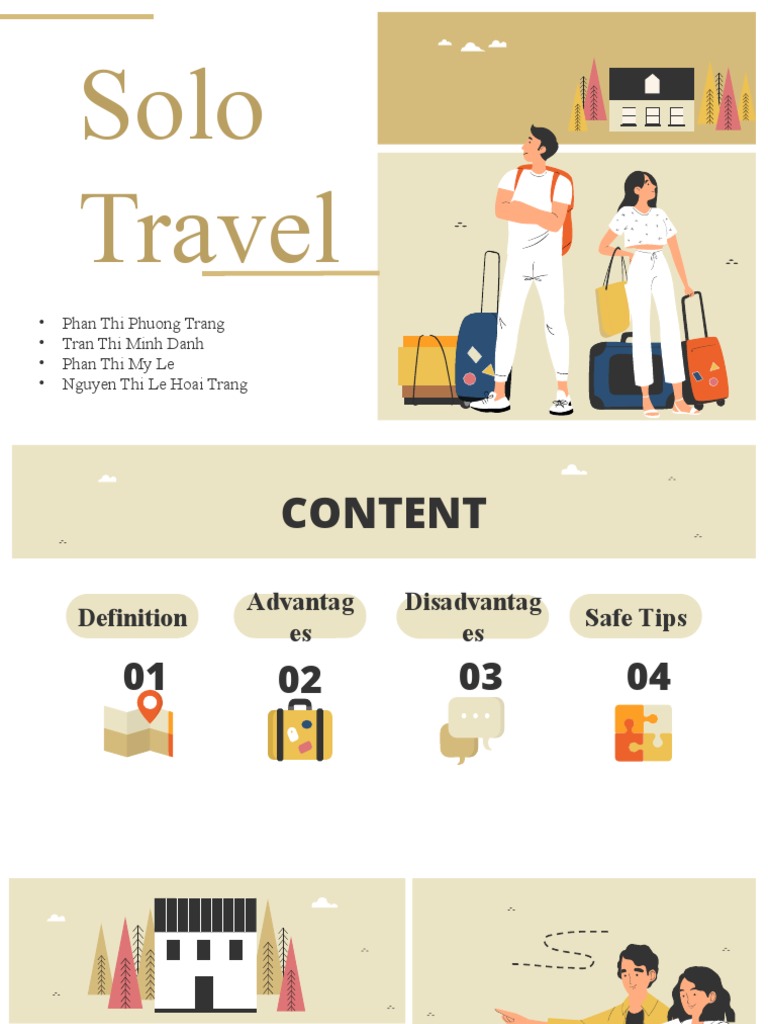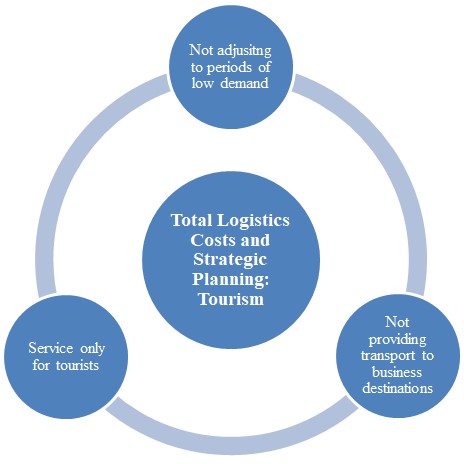

Solo travel is an incredible experience that offers a unique opportunity to connect with yourself and your surroundings. However, the meticulous planning and logistics can sometimes weigh heavily on aspiring solo adventurers. This guide explores the often-overlooked aspects of solo travel planning, equipping you with practical strategies and actionable tips to transform this journey from a source of stress into an exciting and rewarding experience. Understanding the complexities of solo travel planning is crucial to maximizing your enjoyment and ensuring a smooth transition to your destination. This article will cover the essential elements of the journey, from researching destinations and navigating visa requirements to securing accommodation and transportation, all while maintaining your safety and well-being. Get ready for a stress-free solo adventure! This guide will provide you with a comprehensive approach.
Understanding the Burden of Solo Travel Planning
The Intricacies of Visa Requirements
Visa requirements can vary significantly depending on your nationality and the destination. Thorough research is crucial to ensure you’re compliant with regulations. Delving into the specific requirements for each country can be a daunting task, especially with the numerous variations and necessary documents involved. Misunderstandings regarding visa regulations can lead to significant delays, financial loss, and even travel disruptions. Consider utilizing online resources that provide detailed information and current visa status details. This will lessen the burden of travel planning.
Budget Management and Financial Planning
Creating a Realistic Budget
Solo travel often involves unexpected expenses, and careful budgeting is essential. Creating a realistic budget allows you to anticipate financial constraints and manage your spending effectively. Consider allocating funds for various aspects like accommodation, transportation, food, activities, and emergencies. Tracking expenses daily can give you a clearer picture of spending patterns and allow adjustments to be made, optimizing your budget for the trip. Thorough financial planning ensures a smooth and less stressful travel experience, focusing your efforts on the destination rather than the logistics.
Safety and Security Considerations
Prioritizing Personal Safety
Solo travelers need to prioritize their safety and well-being above all else. Before departure, research local laws and customs. Be aware of potential safety hazards in different regions. Share your travel itinerary with trusted contacts at home, and maintain communication throughout your trip. It’s important to have a plan if facing any unexpected situations. Also, use reputable transportation options and consider purchasing travel insurance. This will add a layer of safety and security, which is fundamental to a carefree solo adventure.
Accommodation and Transportation
Securing Reliable Options
Booking accommodations and arranging transportation are essential aspects of solo travel planning. Research diverse accommodation options ranging from hotels to hostels and guesthouses. Compare prices and amenities, reading reviews from other travelers, can assist in finding the perfect fit. Similarly, choosing the right transport options (buses, trains, flights) can have a significant impact on your journey’s efficiency. Take advantage of travel apps to compare options and book in advance, especially for popular destinations.
Itinerary and Time Management
Maintaining a Flexible Approach
While a structured itinerary is helpful, it’s equally important to maintain flexibility in your plans. Solo travel often involves unforeseen events, and adjusting your schedule allows for spontaneity and enriching experiences that might not be anticipated. Consider allowing buffer time between activities. Be open to unexpected opportunities. Having a flexible itinerary minimizes travel disruptions and maximizes your enjoyment of the journey.
Frequently Asked Questions
What are the most common challenges of solo travel planning?
One of the major hurdles of solo travel is the sheer volume of planning involved. From researching visa requirements to booking accommodations and transportation, the process can be overwhelming. Another challenge lies in managing potential safety concerns, especially if traveling to unfamiliar or less-developed regions. It’s crucial to have contingency plans and communicate your itinerary with trusted contacts at home. Finally, the isolation aspect of solo travel can sometimes be daunting. Developing strategies to combat feelings of loneliness and maintain a positive mindset throughout the trip is essential.
How can I make solo travel planning less stressful?
Effective planning is key to minimizing stress. Utilize online travel forums and review sites to get firsthand experiences. Develop a detailed itinerary, while leaving room for spontaneity. Utilize travel apps for seamless booking and navigation. Moreover, communicating with loved ones and sharing your travel plans provides peace of mind. Lastly, remember to embrace the unique charm of the destination. By focusing on the journey and the experiences to be had, the planning process becomes less of a burden and more of an exciting prelude to an unforgettable adventure.
In conclusion, solo travel, while offering unparalleled freedom, often comes with a significant burden of planning and logistics. By understanding the potential challenges and employing effective strategies, you can transform solo trips from a source of stress into unforgettable adventures. Remember to research destinations thoroughly, utilize reliable resources, and embrace the flexibility that solo travel provides. Ready to embark on your own solo journey? Plan your next adventure now! This guide will be your trusty companion throughout the process.